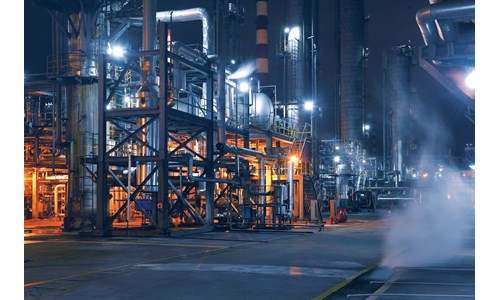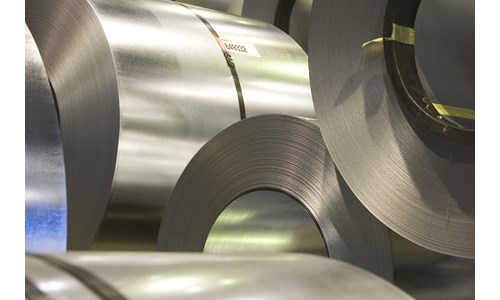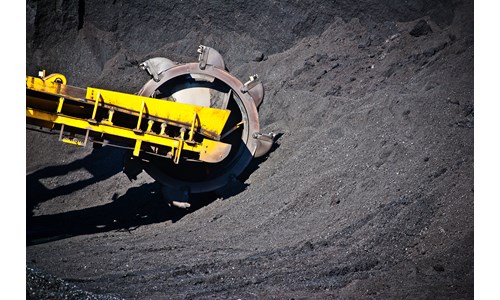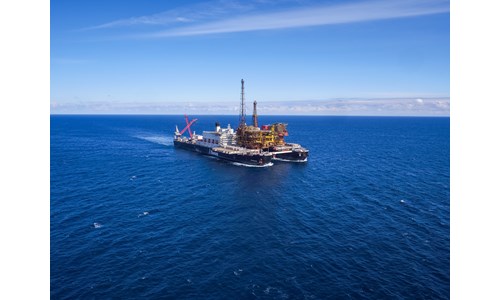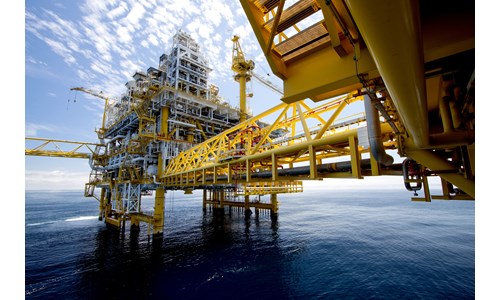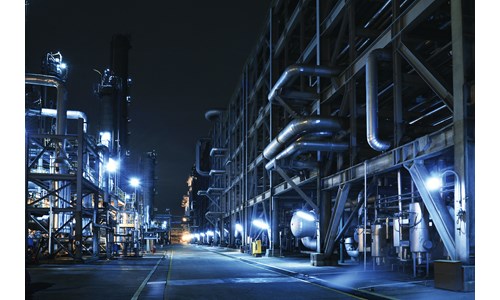Burundi upstream fiscal summary
This report is currently unavailable
*Please note that this report only includes an Excel data file if this is indicated in "What's included" below
Report summary
Table of contents
- Basis
- Licence terms
- Government equity participation
-
Fiscal terms
- Ring fencing
- Royalty
- Corporate income tax
- Product pricing
- Recent history of fiscal changes
- Stability provisions
- Split of the barrel and share of profit
- Effective royalty rate and maximum government share
- Progressivity
- Fiscal deterrence
Tables and charts
This report includes the following images and tables:
- Timeline
- Timeline details
- Split of the barrel - oil
- Split of the barrel - gas
- Share of profit - oil
- Share of profit - gas
- Effective royalty rate and minimum state share - onshore/shelf/deepwater
- Maximum government share and maximum state share - onshore/shelf/deepwater
- State share versus Pre-Share IRR – oil
- State share versus Pre-Share IRR - gas
- Investor IRR versus Pre-Share IRR - oil
- Investor IRR versus Pre-Share IRR - gas
- 3 more item(s)...
What's included
This report contains:
Other reports you may be interested in
Bolivia upstream summary slides
To complement our more detailed Bolivia upstream summary we provide a slide-pack of the key issues in the country.
$4,080Iraq upstream summary slides
To complement our more detailed Iraq upstream summary we provide a slide-pack of the key issues in country.
$5,700Iran upstream summary slides
To complement our more detailed Iran upstream summary we provide a slide-pack of the key issues in Iran.
$5,700





